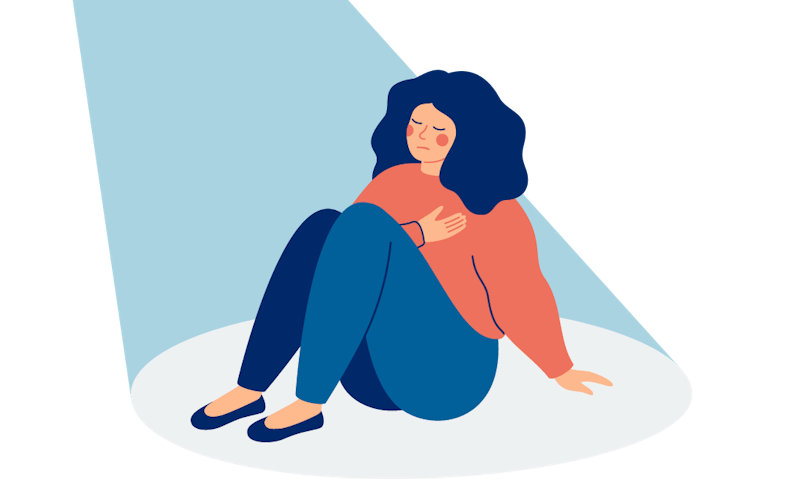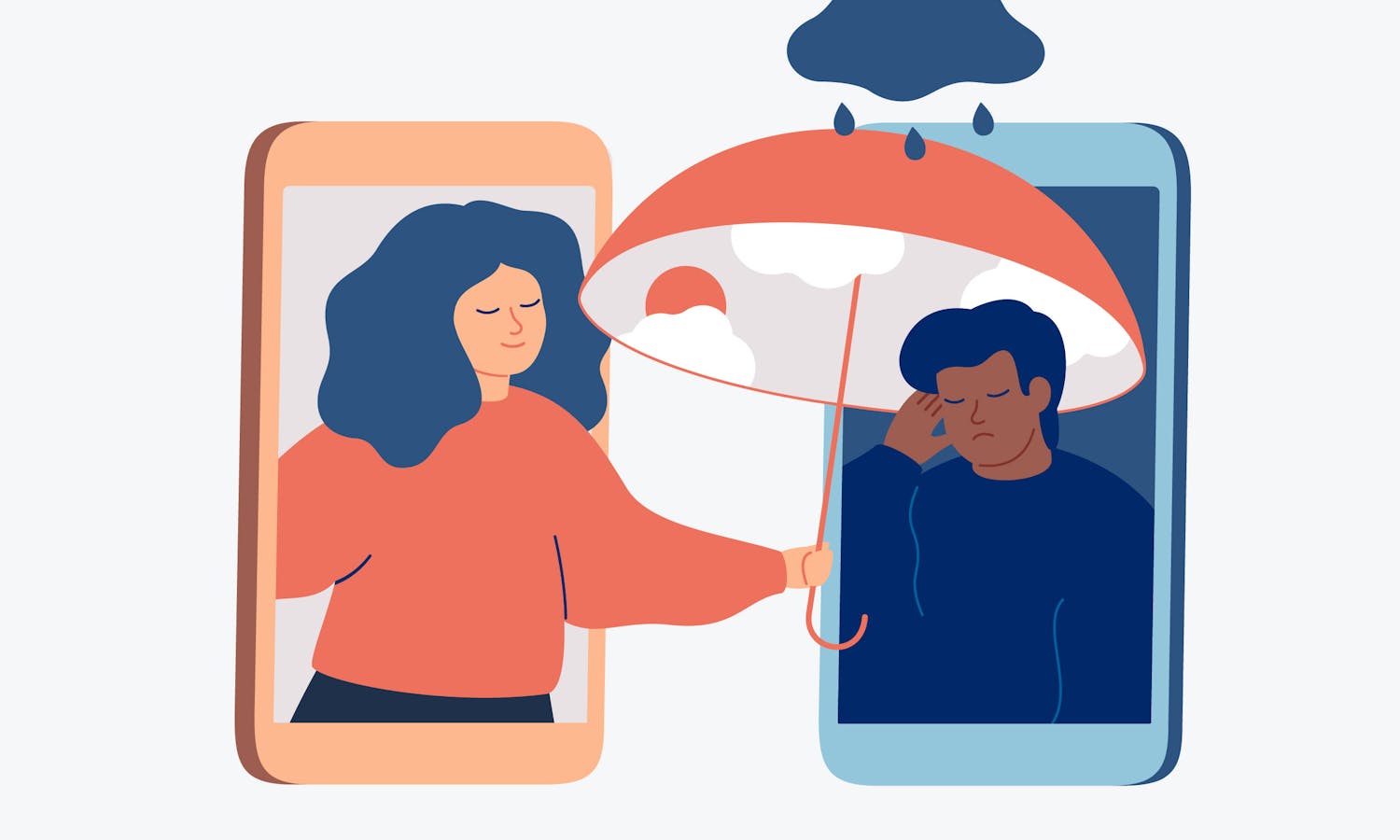More people are involved
It is not only child protection services that take on your case. The police also do, and a lawyer who is called a legal rights protector (réttargæslumaður in Icelandic). All of these people work together. Then they communicate with your parents or guardians about what happens.
The Children’s House (Barnahús)
Interview
In order to learn what happened, a person at the Children’s House will talk to you. The Children’s House is just a regular house and the room looks like a lot of other rooms you’ve been in. When you talk to the person, it’s just the two of you in the room. What you say is recorded and if your case goes to court then the recording is played in the courtroom. There are Children’s Houses in Akureyri and in Reykjavík. If you live somewhere else, then a person from the Children’s House will come to you.
Help to feel better
The people who work at the Children’s House help you feel better. It is child protection services that ask for you to get treatment at the Children’s House. Then you and your parents talk to a psychologist who has a lot of experience helping children.
Police
The police are called
Sometimes the police know about the offence already. Maybe someone has let them know. Maybe someone called them and asked them to come right away because something was wrong. The police always let child protection services know if they know of children who are not OK or who are in danger.
The police investigate
The people at the police collect all kinds of information about what happened. For example, they talk to witnesses if there are any, and they talk to the person who committed the offence against you, and more. They do that so they can prove what happened.
Legal rights protector (Réttargæslumaður)
That is a lawyer who helps you and your parents or guardians. You don’t have to pay them, the state does that.

